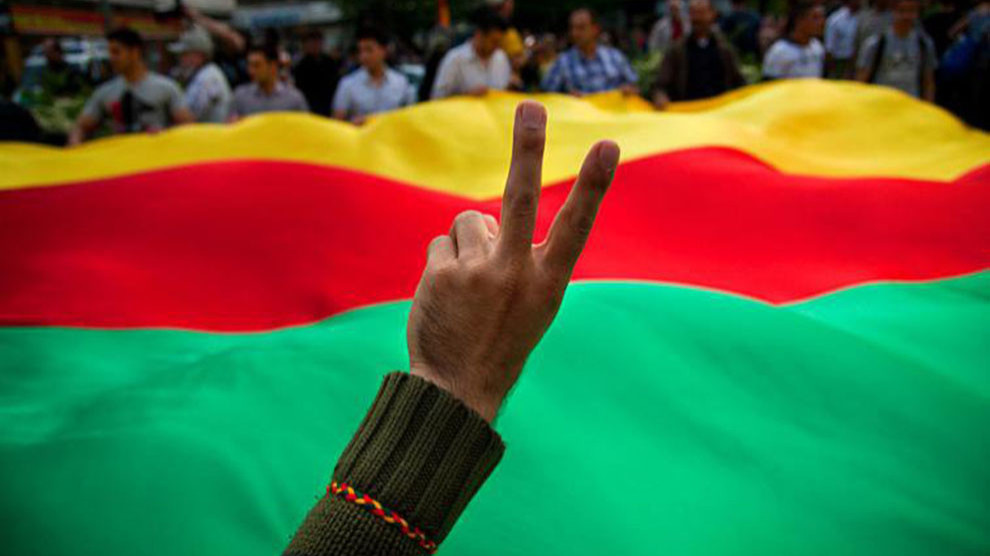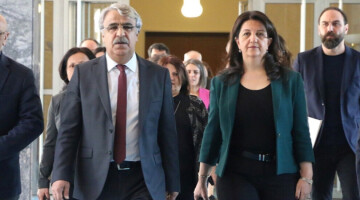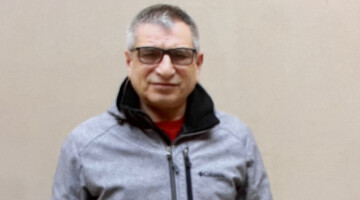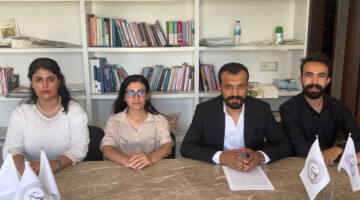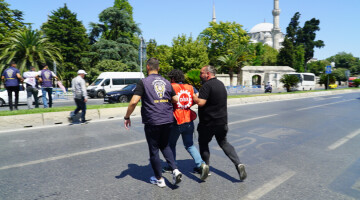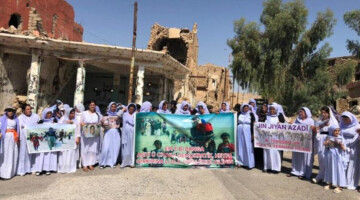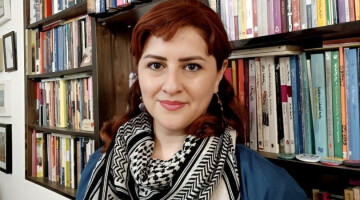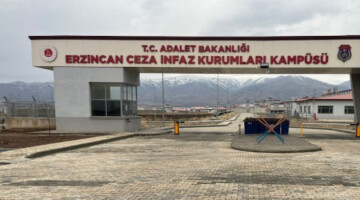The Democratic Society Movement (TEV-DEM) issued a written statement today, drawing attention to the situation of the Kurdish people's leader Abdullah Öcalan and all political prisoners during the coronavirus pandemic period and issued an appeal to international institutions.
TEV-DEM said: "Precautions are taken against coronavirus, which affects the whole world, to protect the society and also prisons. In this context, many countries have decided to release political and judicial prisoners, offered quarantine opportunities, but also allowed family and lawyers visits.
However, in Turkey, despite the outbreak, the AKP-MHP government continues its chauvinist politics. The government has excluded political prisoners from the draft law aimed at relaxing the situation in prisons."
The statement continued: "The Turkish state, which maintains its chauvinist policies against political prisoners, especially Kurdish leader Abdullah Öcalan, should tell the society whether there are coronavirus incidents or virus-related deaths in prisons. The conditions of leader Abdullah Öcalan and all political prisoners are cause of concern.
The banning of family and lawyers visits to leader Abdullah Öcalan even during this period of pandemic inevitably means that the eyes of the Kurdish society and all democratic people have turned to Imrali."
The statement added: "Nevertheless, the Turkish state has once again shown its inhumanity by sending the remains of Martyr Agit Ipek to his family by mail. This new violations of human rights are aimed at dealing a new blow to the will and resistance of the Kurdish people."
TEV-DEM ended its remarks by calling on "human rights institutions and organizations to consider the situation of prisoners in Turkish prisons and to fulfill their responsibilities in face of the chauvinist policies of the Turkish state towards Imrali and political prisoners."

